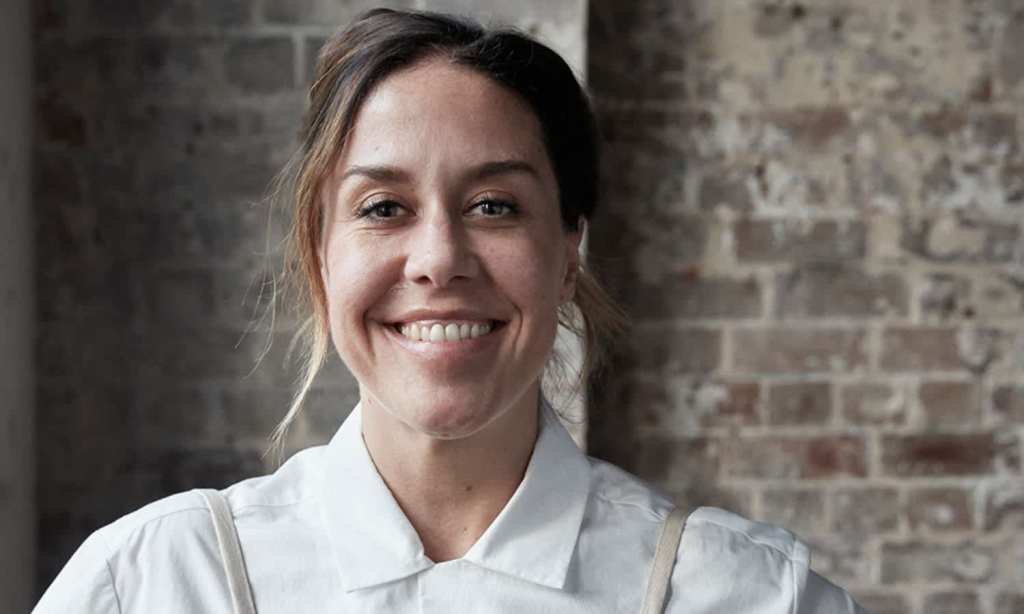One profession that knows food waste well is a chef. They deal with massive quantities of food getting delivered and prepared and then, if not eaten, thrown out every day.
Jacqui Challinor, executive chef at Nomad Sydney, says minimising food waste has played a crucial role in the restaurant’s focus on creating a clean and healthy environment.
“From a business perspective, limiting waste is a key financial responsibility of the job, but the social and environmental responsibilities are just as important and close to our hearts,” she says.
Challinor says, fortunately, Nomad is continuously busy so the restaurant has rarely had issues with stock rotation or waste.
“We do our own butchery so that we can make the most of an entire product and control that process — anything that is unable to be utilised or repurposed gets picked up as organic waste and composted,” she says.
With the process of minimising food waste down pat at her 108-seater restaurant, you’d think it’d be equally seamless, if not more so, in her own household. You’d be wrong.
“Sounds silly but I find that harder,” she says. “I’m getting much better at it.”
Challinor adds that the main thing people get wrong about food waste is that they incorrectly believe that one person can’t make a difference.
“We need to change that mentality,” she says. “It starts with one person and that one person has the ability to inspire another and so on. Make the change and start the conversation.”
In saying that, however, she says she sees the biggest hurdle against food waste being our nature as human beings who love food that’s convenient, quick and perfect-looking.
“We need more education around what the environmental implications are around excess food waste,” she says. “What it means for us and the planet and our wallets? How can we start making small changes and new habits.”
Challinor says some ways she’s implemented to cut down on food waste in her own household and she suggests others try, too, include:
- “Plan your meals for the week. Shopping mindlessly or hungry is a recipe for disaster. Not only will this minimise waste, you’ll save money.
- “Grow your own herbs. Herbs are eye-wateringly expensive in the supermarkets and if, I had to guess, the most common thing thrown in the bin. Not only will you get the satisfaction of watching them grow, you’ll always have fresh herbs with zero waste.
- “Have an odds and ends tub in your freezer. That half a carrot, onion scraps or herb stalks are great for stocks or soups and it’s amazing how quickly they’ll accumulate and can be turned into something delicious or even a whole new meal.
- “Check in with your local council about food waste, some are trialing domestic food waste bins that will become part of your weekly garbage pick up.”
To find out more about how you can reduce food waste in your own home, check out some of OzHarvest’s great downloadable tools here.
Read more stories from The Latch and subscribe to our email newsletter.







